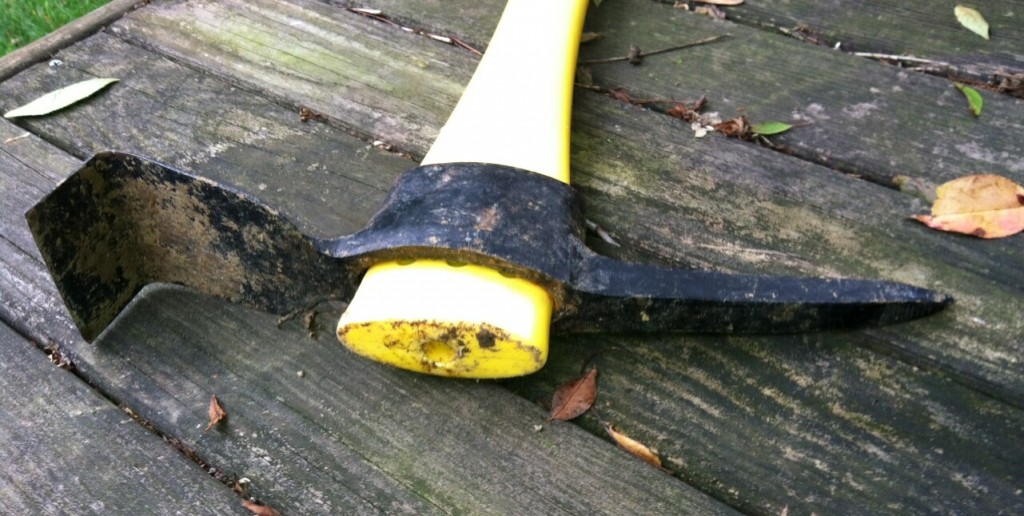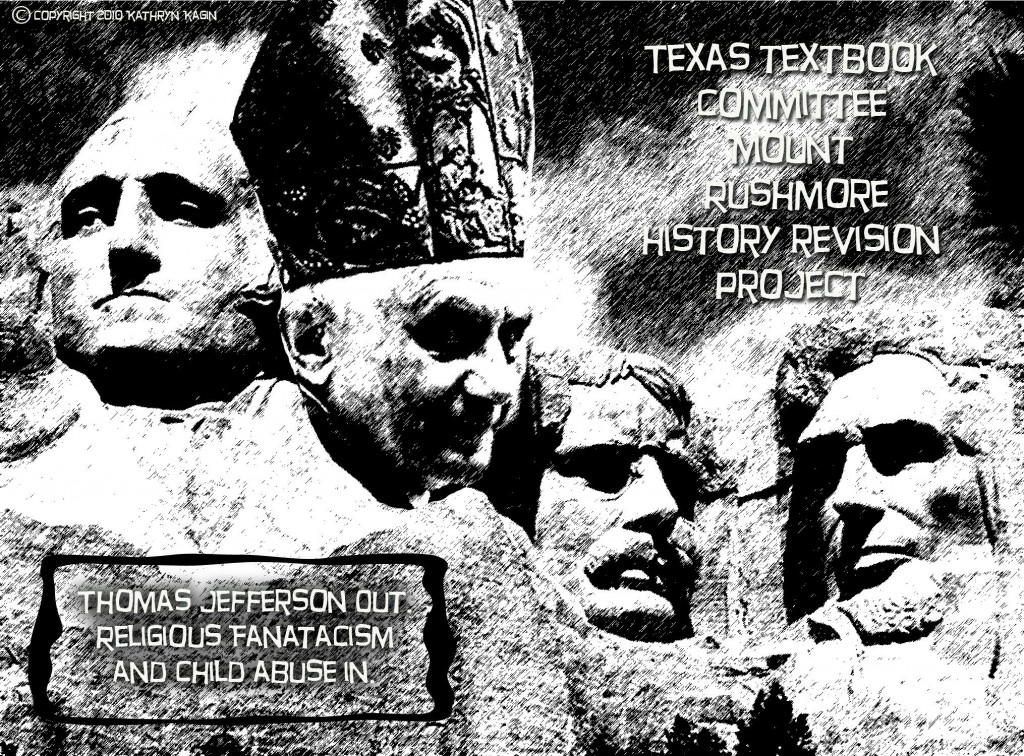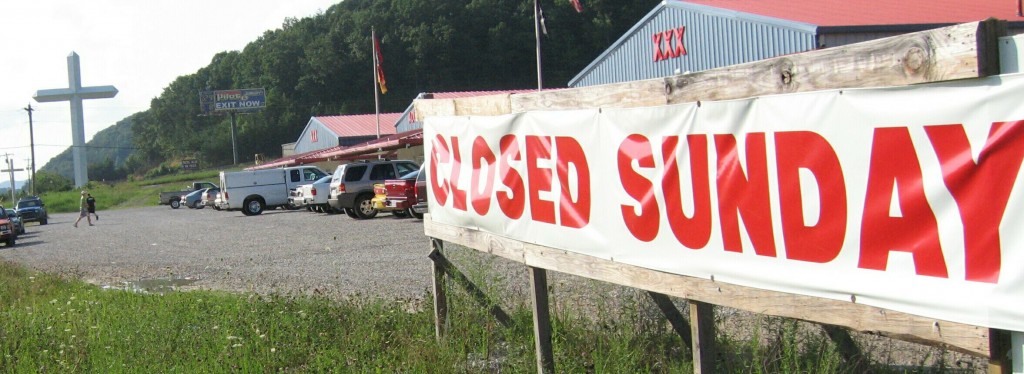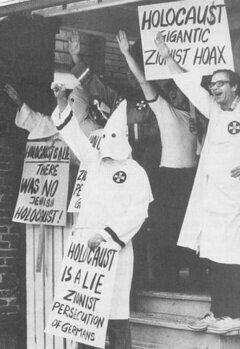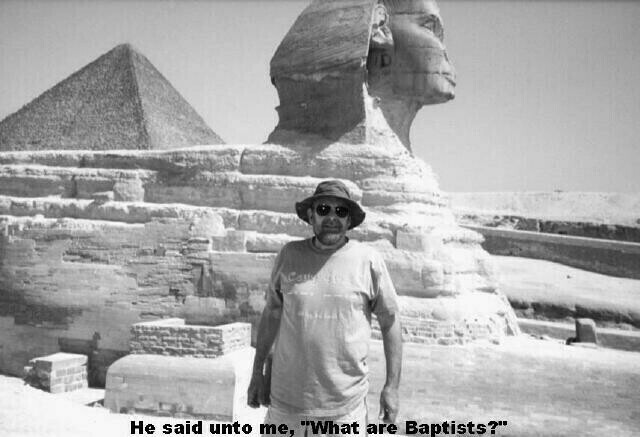I wrote the following after the horror at Columbine. High School. It seems to apply to what just happened. Just change the dates, places, and names. And that is very sad.
ON WHAT WE LEARNED AT SCHOOL ON APRIL 20, 1999
O what is Life and what is Man? O what is Death? Wherefore
Are you, my Children, natives in the Grave to where I go?
William Blake
For the adult and for the almost adult, for the adolescent dead of Littleton, Colorado–for those who buried them, and for all of those who grieve–April of 1999 truly was the cruelest month.
Children killed in school by children, fellow students. A teacher killed, trying to help. Among the fifteen dead, two adolescent murderers, placed by their hands beyond answers and punishment. A year of consciously premeditated plans. On Hitler’s birthday. Black trench coats. Guns, and bombs of propane tanks, and lead pipes set to intentionally kill and maim. A girl shot in her face upon confessing belief in God. More details daily known. Much more no doubt never to be learned.
This was not tragedy–hubris of arrogant pride bringing about some hero’s noble ruin. This was not pathos–a child sudden killed without design by some mute disease or some impersonal fate.
This was horror.
Chorus of whys. Why did it, and how to…. Maybe make propane tanks illegal. Maybe it was the fault of the internet, or guns, or games, or music, or lead pipes, or pornography, or homosexuals, or dress, or television, or lack of prayer, or because the ten commandments are not posted, or because the girl believed in God, as if none had ever died horribly before because they did not believe in any or in the right true god. More laws, more church, ban everything that might cause senseless death. Maybe ban automobiles, baseball bats, bicycles, swimming pools, trees, skis, gasoline, rope, fire, and bathtubs–small price to pay to save one innocent life, don’t you think? Or don’t you think? Protect the flag from protest? Ban knives, so no other O.J. need ever again search golf courses for a killer cheating justice there?
As one is banned, and horror happens still, ban more and more and yet more again, to delude, deceive, deny just why the kids of Colorado died.
And in the growing din of the psychobabble, the hysteria, the fear, stop, be still and listen. There may be somewhere you hear one small rational voice that, from beneath the shouting, quietly says, it happened because those two dead killers killed them.
That’s why it happened. Why did they do it? Maybe they were evil.
So how can we for our fearful, our uncertain, our frightening future’s sake assure and reassure each of us alike that no one’s child ever will ever again take weapon or bomb to school to reduce the human flesh of someone’s beloved child to vicious ruin?
It seems so simple, really, so simple it dare not be suggested, or so it seems. Simply see and assure, each and all of us, that we do not, and that any child within our control and care does not. And then none will. And then must we, through teaching, and through the more immeasurably important medium called example, show that such is not permitted. For such is– beyond all discussion–wrong. For such is something that is simply bad. Yes, and something evil. Something that is never even to be thought. And never ever to be done.
Taboos sometimes attach to such stupid thoughts that they seem silly. Such taboos are useless and ignored when they touch disputed things upon which rational persons do not all agree. Still, some things in fact are wrong and bad. Without dispute, certain matters can be made taboo, things like killing your classmates and teacher at school on a fine spring day, or on any day. And all must agree this must be taboo, and never done, or human kind will not survive.
So long as we blame the horror of that spring day at school, that murdered Littleton’s children, on unmindful things like music, or tools, or lack of religious show, we invite terrible repetition. For we take the fault from, and absolve, those persons whose fault it was and is, and ascribe that fault to dumb, inanimate neutral things–to things that have no thoughts, nor will, and cannot form intent to harm, that fearful ability unique to human kind.
And so we in comfort hear, on distant news, about the grief, the theories, the hows, the whys, the suggestions, the demands, the call for new laws, and the condemnation of all of those related, but really not so relevant, things. And then to relieve this pain we hear, in other news, of how many bombs were dropped by our just side, in that far away war today, on the human kind of the other unjust side, and of how many foreign language speaking civilians were, sad to say, most accidentally unintentionally killed by our made-by-human-hands explosives and bullets deliberately delivered, and of how many more were purposefully on purpose killed for their religious views or because they were of some wrong, improper race, or some–righteously condemned by their right thinking killers–improper creed.
Let’s wax profoundly now. Let us unsophomorically observe we simply cannot cure the world. The problems are too many and too vast, too complex and too misunderstood. And let us further understand the world itself has no problems of its own, for such as seem are such only as are and may be defined by us. We are the measure of what is right and just and true and good and of all things visible and invisible. We are the definers. We do it to ourselves and teach it unto our children. We are the didactic doomed.
We cannot be responsible for all of it. No. No we can’t, no not all of it at all. Perhaps maybe we should just neglect to try.
But we can, can we not, be responsible, each single human one of us, for all the time, for each of us alone and among ourselves. And to large measure for our children, for what we teach and what we do has much–not all, but much–to do with what they are and will become. That’s all we have to do.
And if we are, each one of each of us, for all the many things and moments and times that are, and are to come upon us unannounced, if we are then, in each and all of those uncertain times, and words, and worlds and whens, within ourselves controlled, then somehow things may just be more okay. And that’s what we can do. And that’s really all that we can do. And that’s really all that we need do.
There still will be tragedy. And there still will be pathos. Because it is part of the price of being human. It goes with the deal.
But maybe we can stop the horror.
Edwin Kagin
May, 1999.

